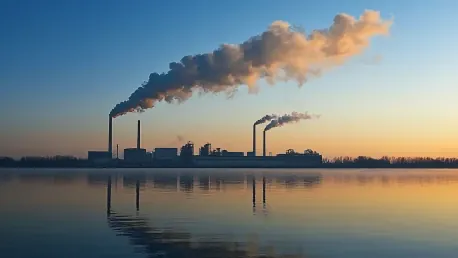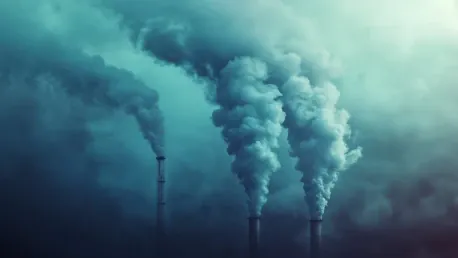
Winnipeg's ambitious new strategy aims to significantly reduce greenhouse-gas emissions from city-owned buildings, targeting a net-zero emissions goal by 2050. The proposed Building Emissions Reduction Strategy, which requires city council approval, outlines a substantial investment plan

In an era of increasing environmental concerns, accurately monitoring air quality has become more critical than ever. Recently, scientists have unveiled innovative techniques to enhance the precision and effectiveness of air quality assessment. The new methods utilize advanced sensor technology in

Transport for London (TfL) stands at the forefront of climate action, particularly with ambitious targets aimed at achieving net-zero emissions by 2040. This article delves into the comprehensive strategies and rigorous initiatives TfL has adopted to align with the Paris Agreement, showcasing a

Billions of tons of plastic are produced annually, destined to persist for hundreds of years, but what happens to it all? A staggering 91% of this plastic is not recycled, leading to significant waste accumulation and greenhouse gas emissions. The plastic waste crisis has reached overwhelming

In recent years, the focus on reducing greenhouse gas (GHG) emissions from LNG-fueled vessels has intensified significantly. Methane slip, the leakage of unburned methane during the fuel combustion process, poses a substantial challenge despite seemingly minor amounts involved. This issue is

California is making significant progress in environmental legislation with the introduction of Senate Bill 285, proposed by State Senator Josh Becker. This bill targets greenhouse gas (GHG) emissions disclosures, specifically enhancing the reporting of carbon dioxide removal (CDR) processes. As